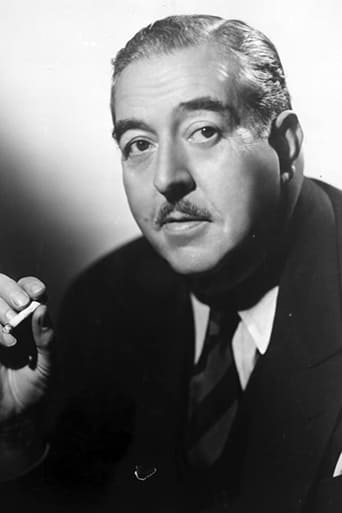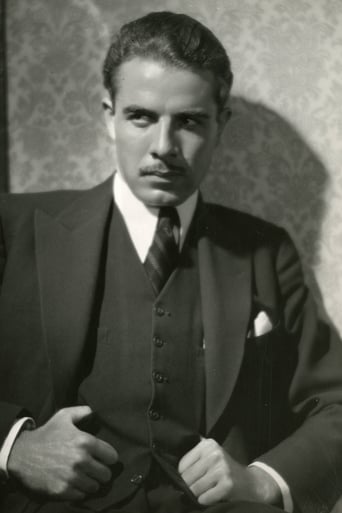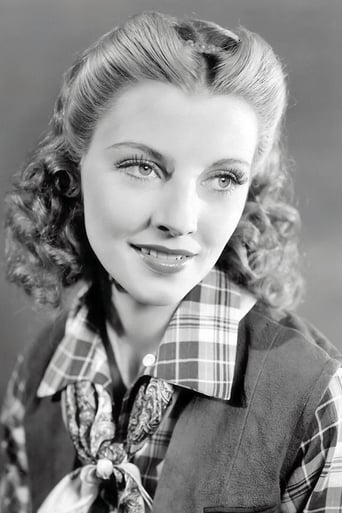Marva
It is an exhilarating, distressing, funny and profound film, with one of the more memorable film scores in years,
JohnHowardReid
Warmth, simplicity and freshness are qualities so unusual in the prison film that their presence in Those High Grey Walls has all the surprise of a violet's growing in a jail-yard. Manfully resisting most of the theme's obvious lures, from clattering jute mills to chattering machine guns, the film has chosen to go its way as drama rather melodrama. And through the admirable performances of Walter Connolly, Onslow Stevens and a few others, it has gone that way with complete interest and plausibility.It is the story of a small-town doctor whose wisdom, tolerance and gentleness have grown through a score of years in the service of life. His prison offence was part of that tolerance: he had tended and shielded an outlaw simply because he knew the boy and his mother. And in prison, although the young doctor there derided his philosophy and tried to cure him of it, he still insisted that men remained men, whether murderers and thieves, and stood in dignity in the old, old relationship between patient and doctor. In time his philosophy has won another convert, for the young physician is healed of his bitterness and prepares to start afresh.Director Charles Vidor has spun the plot smoothly, spotlighting the prison background in significant bits of action but never letting it overshadow its quiet central figure, the old country doctor. Mr Connolly has played him wisely and well, with a good trouper's recognition of the faint line between mawkishness and sentiment. Mr Stevens's portrayal of the taciturn, memory-ridden prison doctor is properly reticent, grave and sincere, and there are well handled minor characterizations by Bernard Nedell and Paul Fix. The screenplay was written by Lewis Meltzer and Gladys Lehman from a story by William A. Ullman, Jr.




